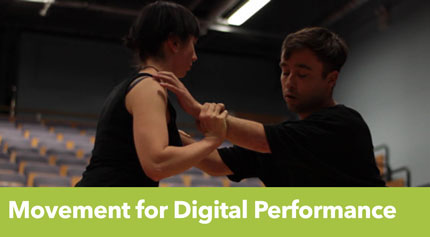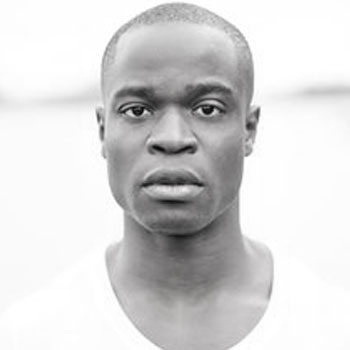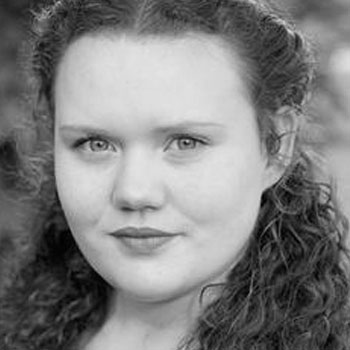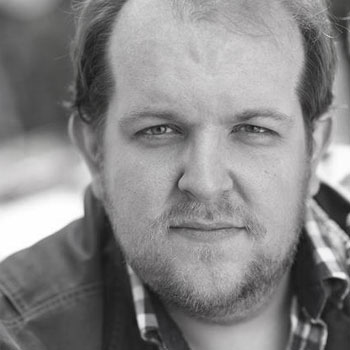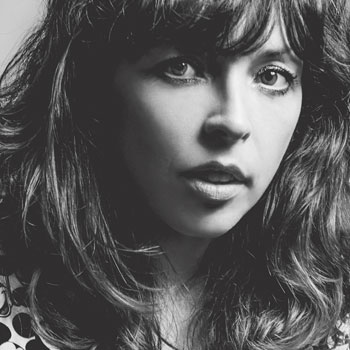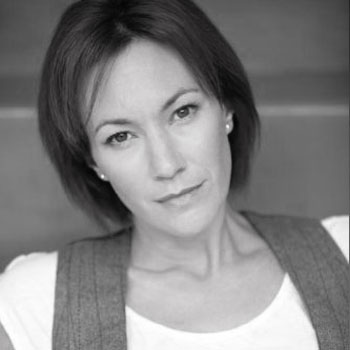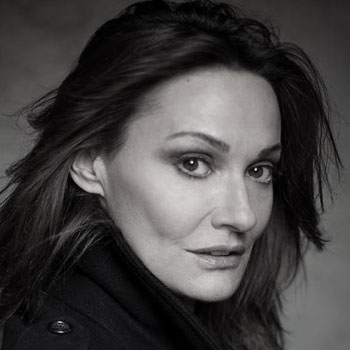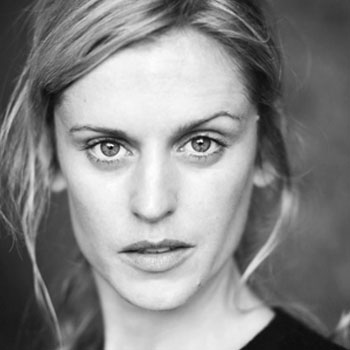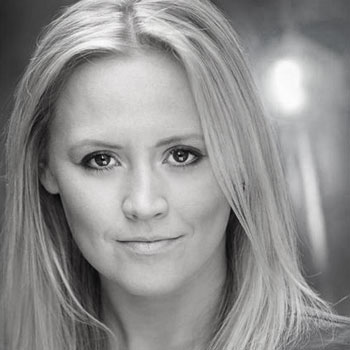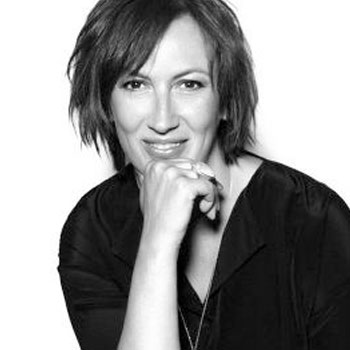ALRA has been developing its Research Department over the last 12 months exploring what Research is within a conservatoire setting and how we are positioned to develop this.
In year one the Research Department awarded three grants to three graduates and one faculty member.
Michael Peace and Tom Sidney
Jaime Kooij
Olivia Furber
The research projects are still under development and you can see some recent work on the Research projects link in the right hand banner.
The explorations and questions we have funded span mental health and wellbeing for graduates of Higher Education courses, developing ethical intercultural rehearsal rooms and the use of an Anamorphic Lens to develop iPhone based short films.
Over the year we have invested £2000 into the projects as well as generous amounts of mentoring and resources in kind.
Over the next few months we will be gathering more evidence of our research outcomes and publishing them in the form of blogs, vlogs and podcasts in the Research Projects section of our website.
- 1
- 2
- 3
- 4
- 5
- 6
Click on the above links to see examples of ALRA's research proposals.
Research Proposal Outline and Process
Within this second year of developing a research department at ALRA we move closer to the new Higher Education landscape, we hope to formulate clear lines of academic enquiry that we are interested in as a leading Conservatoire in the country.
We invite submissions for new research projects from Full Time, Part Time and Freelance Faculty as well as graduates of ALRA. This form aims to outline the content of the submission you should prepare and the process through which the application will take place.
Process:
We are delighted to announce our selection dates for the second year of our research project pilot:
| Round | Deadline |
| 1 | 15th November 2017 |
| 3 | 14th March 2018 |
| 4 | 13th June 2018 |
On theses dates a panel consisting of the Principal, Vice Principals and Graduate Representative and Lead Student Representative will meet and create Research Agreements between successful faculty members and ALRA. The support received will vary between space offered in kind, resources offered in kind or financial support for research purposes. The amount of financial support available will vary depending on the scope of the project.
Following the Panel Meeting (this may be sometime after the deadline) applicants will be informed of the outcome via email within one week with a clear contract outlining the boundaries of the ALRA offer. All successful proposals will require some form of academic documentation that will be co-developed/supported with the Vice Principal (Curriculum and Quality Assurance).
Proposal
1. Title
This is just a tentative title for your intended research. You will be able to revise your title during the course of your research if you are awarded funding.
Examples of the research title could be: How can the use of gesture inform my work as a movement director on third year performance at ALRA and in my theatre company? Or: How can Linklater work inform the teaching of acting for camera? Or How can motion capture be integrated into the Stage Management provision at ALRA?
2. Abstract
The proposal should include a concise statement of your intended research of no more than 100 words. This may be a couple of sentences setting out the problem that you want to examine or the central question that you wish to address.
3. Research Context = The Environment
You should explain the broad background against which you will conduct your research. You should include a brief overview of the general area of study within which your proposed research falls, summarising the current state of knowledge and recent debates on the topic. This could be references to The Stage or online blogs, online journals or academic articles.This will allow you to demonstrate a familiarity with the relevant field as well as the ability to communicate clearly and concisely. Keep the language simple, explain ‘how’ you will engage in this task-who will be there, what resources will you use, what space will you work in?
4. Research Questions
The proposal should set out the central aims and questions that will guide your research. Before writing your proposal, you should take time to reflect on the key questions that you are seeking to answer. Many research proposals are too broad, so reflecting on your key research questions is a good way to make sure that your project is sufficiently narrow and feasible – this is not an opportunity to make a new show, it is about the Pedagogic or Artistic Practice that informs your work at ALRA being extended.
You might find it helpful to prioritize one or two main questions, from which you can then derive a number of secondary research questions. The proposal should also explain your intended approach to answering the questions: will the result of your research be a v-log that ALRA can put on their website, journal article that ALRA can publish, webinar that ALRA can host, performance lecture that ALRA can house, performance project that ALRA can programme at one of their theatres?
5. Significance of Research
The proposal should demonstrate the originality of your intended research. You should therefore explain why your research is important (for example, by explaining how your research builds on and adds to the current state of knowledge within ALRA or the wider theatre/television industries or by setting out reasons why it is timely to research your proposed topic).
6. Bibliography
The proposal should include a short bibliography identifying the most relevant works for your topic.








